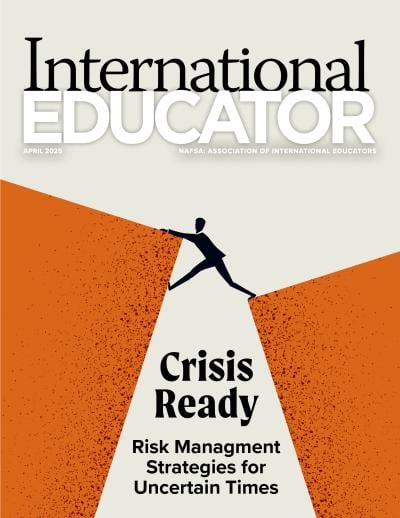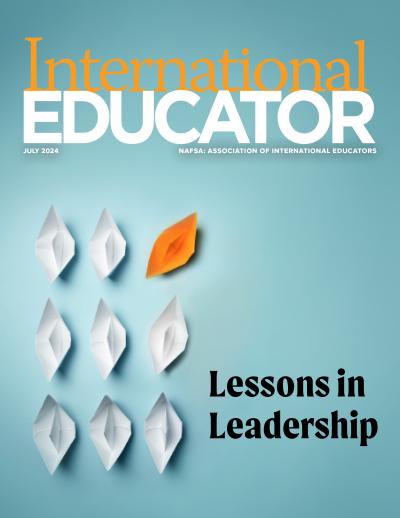The Power of Parents

Intuitively, international educators know that parents play a significant role in the educational choices of their children, particularly when making the choice to study in a different country. A recent report by the Educational Advisory Board validates that feeling, and notes that students today identify their parents among the top five resources for the college search process.
During the pandemic, students spent more time at home, so it’s not surprising that parents have become more influential. Other studies specific to international students have identified parents as having a strong voice in the decision-making processes, especially when it comes to school choice. After enrollment, students continue to rely on parental advice once they arrive on our campuses. Institutions can benefit from actively engaging parents as part of their international recruitment and retention strategy due to their strong influence in their children’s lives.
While some institutions engage parents strategically, some even creating dedicated staff positions in these efforts—many others have not developed strong approaches, particularly for parents of international students. To successfully communicate with these families it’s helpful to recognize why they seek educational opportunities abroad for their children, and then determine what drives them to choose or prefer certain institutions over others. Understanding parents’ motivations can be an effective first step in developing and implementing a more powerful engagement strategy.
International Education Mobility Drivers
When communicating with parents, international office staff must first understand the motivations behind why that student is going abroad. This will vary greatly depending on the type













